In this show we go from a European base to Turkmenistan, Kenya, the United States and Nicaragua.
absolutely African:
Signe Møller is a Chaos Pilot who decided to take a career break and ended up setting up her own charity helping children in Kenya. We’ll be learning more about the innovative social business and project management Chaos Pilot course in a later podcast. Meanwhile Signe’s groundbreaking approach called 100 percent to the children is based on allowing donors to choose whether the money they give supports the Kenyan projects directly or whether it helps to pay for the administrative back-up needed to keep the whole enterprise afloat. This new way of approaching charity work earned her the title of Fun Fearless Female 2008 organised by the Danish edition of Cosmopolitan magazine. How did Signe end up in Kenya in the first place?
absolutely intercultural:
You go to stay at the home of a family in Turkmenistan and you notice that you never see the older daughter. She is always in the kitchen cooking or doing housework and she does not eat together with the family. Why is this? Is it because
a) the family do not want their precious first born daughter to mix with foreigners
b) the first daughter is always the least favoured in Turkmen families or
c) it is traditional for the eldest daughter to do all the household chores
The next question is would it be possible for you to get to know her better? Find out the answer as Zohre Ovezlieva who has been organising Peace Corps placements for many years explains what to do in this situation.
absolutely ethical:
When people who don’t have enough to survive are confronted by groups of strangers with access to seemingly unlimited amounts of resources, the problem of corruption often arises. Is this a problem Signe Møller of 100 percent 2 the children recognises and how does she deal with it?
absolutely American:
Zohre has been looking after American Peace Corps volunteers for many years and decided that she would like to find out what it feels like to be a foreigner by going to the US for a month. How did she fare?
absolutely interconnected:
Nicaragua is a small country with a population roughly the same as Denmark’s but with much lower living standards partly as a result of the civil war in the 1980’s, so when Nicaragua’s ambassador to Denmark, Mr Ricardo Alvarado Noguera paid a visit to our school in Grenaa his perspective was very much that we are all connected.
The next show will be coming to you on 28 November from Dr Laurent Borgmann, Germany.
So long…stay tuned!
The host of this show is: Anne Fox
Editor: Jan Warnecke


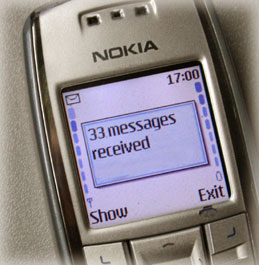
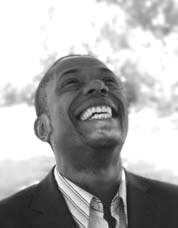
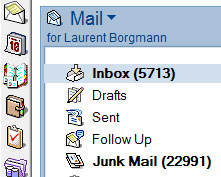
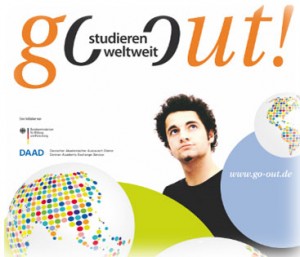
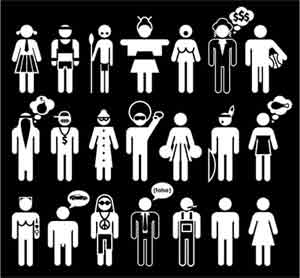

 In this show we are going to look into which parts of our culture we have to re-think or even leave behind when we get married. We have entertaining stories from Lebanon, the United States, Hungary, and Spain and even from our own lives.
In this show we are going to look into which parts of our culture we have to re-think or even leave behind when we get married. We have entertaining stories from Lebanon, the United States, Hungary, and Spain and even from our own lives.
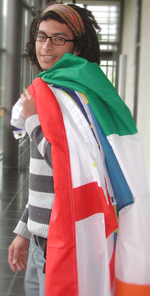
 absolutely grown-up
absolutely grown-up